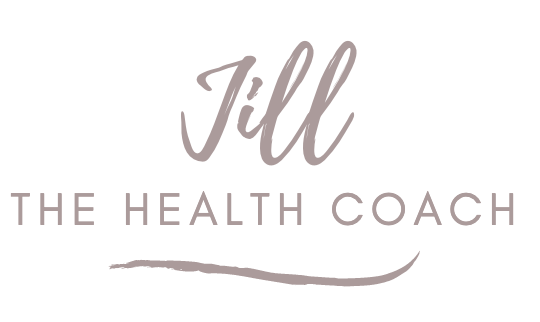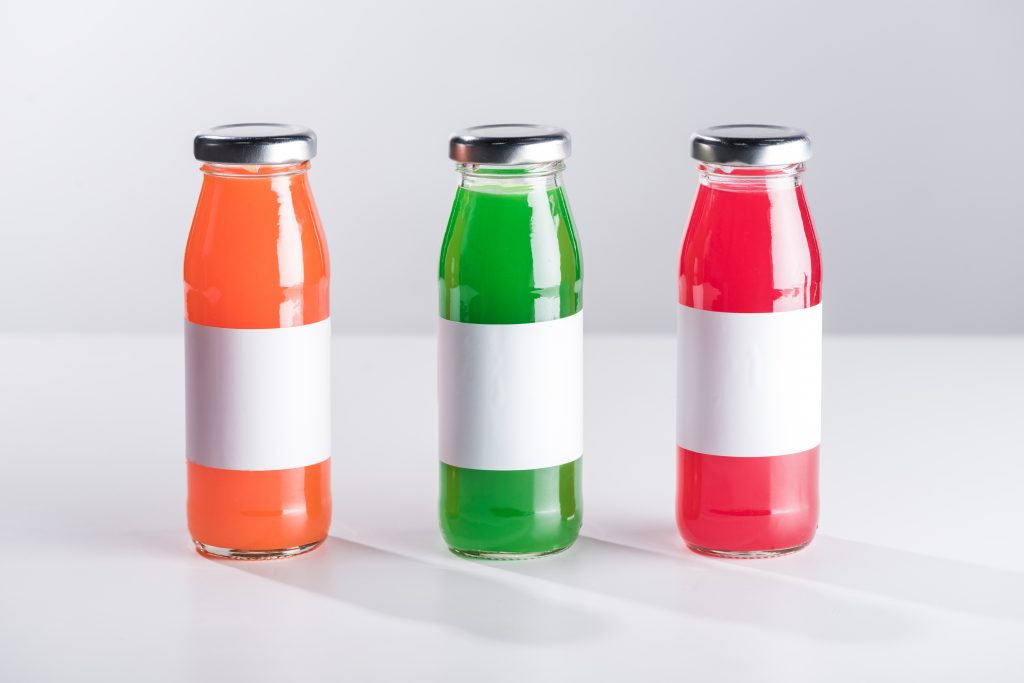Getting healthy is big money and everyone is trying to promote their products as “healthy” –whether they are or not. However, some major players are realizing they can’t get away with their questionable claims.
Vitaminwater is marketed as healthy. While they have added a few vitamins, the problem is that many of the varieties have has so much sugar (labeled as crystalline fructose cane sugar) that it negates anything good.
When I say a lot, there is 32 grams of sugar per bottle or 8 teaspoons of sugar in many of their varieties. That’s about the equivalent amount of sugar in 2 Twinkies.
That one drink also far exceeds the recommended daily allowance of sugar by the FDA for women and just about there for men (25g per day for women and 35g per day for men).
“Vitamins plus water= all you need.”
They forgot to mention the “plus sugar” that can make you fat, contributes to diabetes, obesity, heart disease and stroke.
In fact, there were lawsuits against Vitaminwater concerning misleading labeling.
A health-advocacy group Center for Science in the Public Interest and consumers from California and New York had accused Coca-Cola Co. in 2016 of using deceptive labeling on Vitaminwater beverages, including claims that they reduce risks of eye disease and boost the immune system.
While the settlement resulted in rewording on the label, I personally think the packaging is still misleading with the high amount of sugar in many varieties.
Another major beverage player, PepsiCo also settled a class action lawsuit for $9 million in 2016. The plaintiff alleged that Naked Juices were hiding GMO and synthetic ingredients, including zinc oxide, ascorbic acid, and calcium pantothenate, which is produced from formaldehyde. Its label claims the juice to be “all natural.”
Plus, the labeling was very deceiving with the sugar content saying that there was “no sugar added,” but it indeed had high levels of natural sugar from orange juice and apple juice.
For example, the Naked strawberry banana juice has a shocking 44 grams of sugar! That’s equal to 11 teaspoons of sugar–in a supposed healthy drink.
Here’s the thing. Any active enzymes benefits from the fruit are long dead from its short life. Any real food will start to break down and oxidize.
So, the benefits of real fruit juice only last for a few hours after being juiced. Then, the juice simply turns into straight sugar.
So, think about it. These juices are processed, then bottled, then shipped and then sit on a shelf. It could be months before these drinks are even consumed with any or all of the natural benefits having been stripped away.
Sorry, folks, but the sugar in this so-called healthy drink becomes stored as fat and can lead to diabetes, obesity, heart disease and stroke. It may be a “better” type of sugar, but it’s only a tick above drinking a can of soda.
Always be sure to read your labels. But not just the front!
The front of the labels are to lure in the consumers with strategic marketing phrases like “all natural” or “no sugar added.”
The place to check out the real ingredients are on the back.
If there are chemical sounding words you’ve never heard of, put the product back on the shelf.
And always look at the sugar content.
In a drink, you should beware of anything over 4-8 grams.
Remember, the recommended daily allowance of sugar is only between 25-35 grams per day.
Always look back to the types of beverages our ancestors consumed. The best kind of juice is freshly blended or juiced at home or from a juice bar with vegetables and fruit only.
And…the best kind of water is the single ingredient kind that is filtered.
Cheers!
Please check out my personal shopping list and guide that help keep me at my optimal weight and feeling great.
“It is our choices that show what we truly are far more than our abilities.”
Live well and love more,
Jill Gordon
CHHC, HHC, CNHP, Digestive Health Specialist
www.JilltheHealthCoach.com
All material in this newsletter is provided for information only and may not be construed as medical advice or instruction. No action or inaction should be taken based solely on the contents of this publication;instead readers should consult appropriate health professionals on any matter relating to their health and well-being. The information provided has not been approved the Food & Drug Administration and is not intended to diagnose, treat, cure, or prevent any illness or disease.

